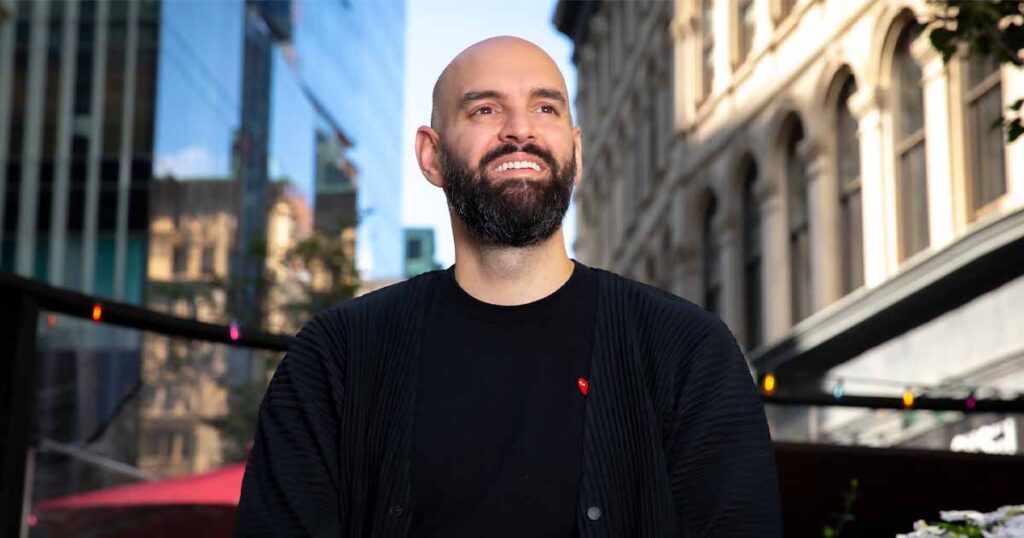The Future of AI in Healthcare: A Path to Integration and Insights
The potential of artificial intelligence (AI) in healthcare has been a widely discussed topic for years. However, as we look ahead to 2025, the industry is beginning to harness that potential on a larger scale. Michael Meucci, president and CEO of Arcadia, a leading health data platform company, emphasizes that the journey isn’t just about adopting AI technologies but ensuring they integrate seamlessly into healthcare practices for maximum impact.
Seamless Integration in Workflows
Meucci highlights that while many pilot programs demonstrate AI’s capabilities, true integration into daily workflows is still a work in progress. To revolutionize healthcare, AI must evolve from isolated applications to fully integrated tools used in real-time by clinicians. The goal is to embed AI into everyday routines, enabling healthcare professionals to access AI-driven insights without disrupting their workflows.
Imagine a world where AI serves as an invisible assistant within electronic health records (EHRs), providing real-time decision support without the need for extra steps. This shift from passive AI—like automated note-taking—to active, reliable support will be crucial for healthcare organizations striving to optimize patient care.
A Holistic Patient View
By 2025, the vision for a holistic patient view will serve as the foundation for AI applications across healthcare settings. A unified data infrastructure that combines clinical, claims, and social determinants of health data will enable healthcare teams to deliver truly patient-centric care.
Consider a call center powered by AI, where representatives not only access a patient’s insurance information but also see relevant health context. This equips them to handle inquiries adeptly, guiding patients with empathy whether it’s about scheduling screenings or addressing care gaps. The outcome is a more cohesive experience where every staff member, whether clinical or administrative, contributes positively to the patient journey.
Reducing Tension in AI Adoption
Despite the promise of AI, healthcare organizations grapple with internal resistance tied to regulatory, ethical, and logistical hurdles. This tension creates a scenario where the push for AI advancement meets significant roadblocks. For 2025, healthcare leaders must embrace strategies that foster innovation while streamlining governance and compliance.
For instance, organizations can start automating mundane tasks like data entry or responding to basic patient inquiries. By freeing up human resources, clinicians can dedicate their time to essential patient interactions. This strategic delegation not only boosts productivity but also extends the reach and efficacy of AI initiatives across the entire healthcare enterprise.
Conclusion
The journey to integrating AI into healthcare is not just about technological investment; it requires a commitment to creating an ecosystem where data flows freely and insights enhance patient interactions at every level. As healthcare organizations pursue this vision, they have an opportunity to change the way patient care is delivered, making it more efficient and empathetic.
The AI Buzz Hub team is excited to see where these breakthroughs take us. Want to stay in the loop on all things AI? Subscribe to our newsletter or share this article with your fellow enthusiasts.




